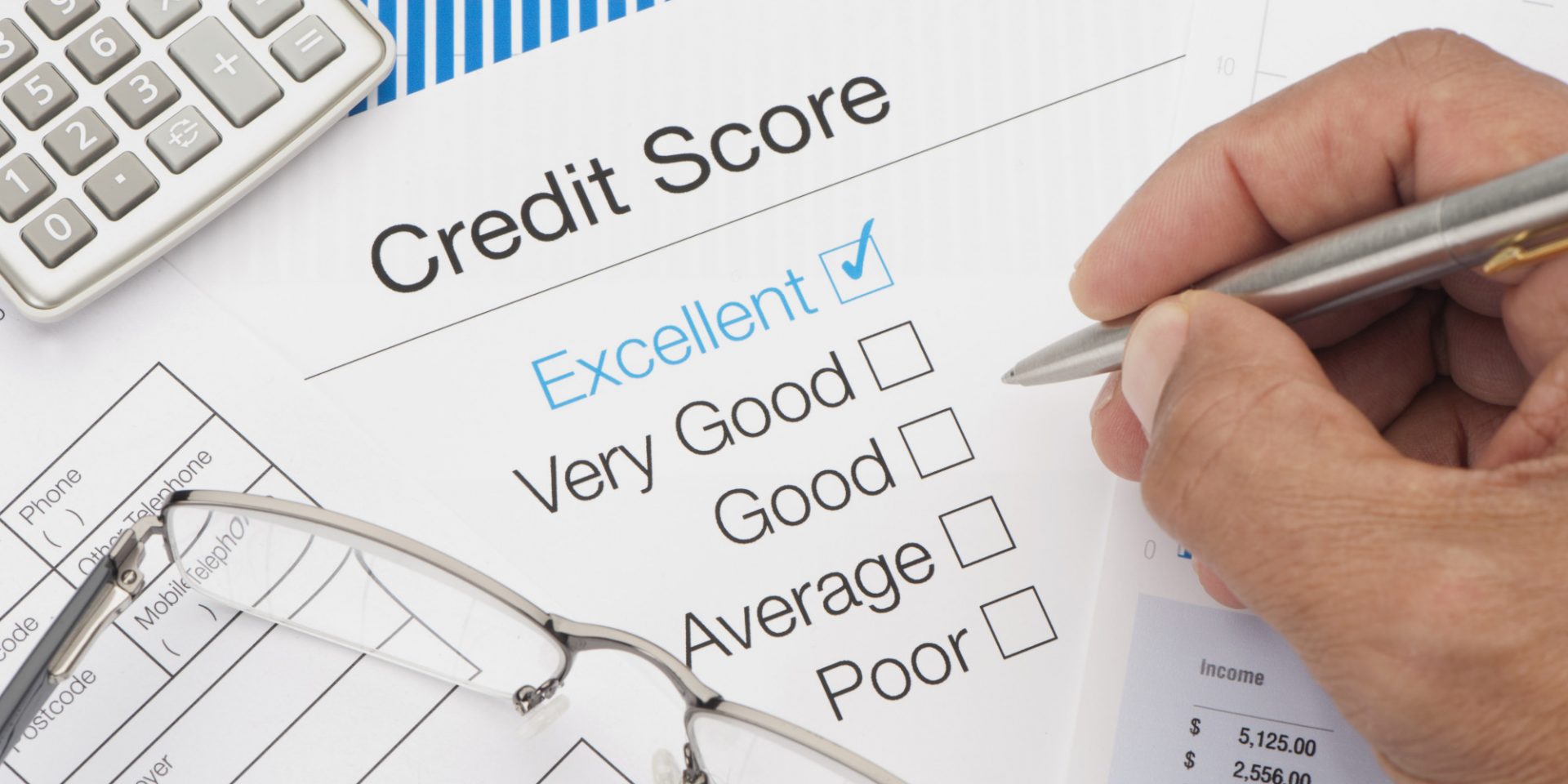British American Tobacco (BAT) and Safaricom were the most heavily traded stocks on the Nairobi Securities Exchange (NSE) in September.
Shares of the two blue chip firms were mainly traded by foreign institutional investors. BAT Kenya stocks worth Sh4.2 billion were traded while for Safaricom shares worth Sh3 billion exchanged hands over the same period.
Foreign investors accounted for 52 per cent of buyers and sellers of BAT shares and 80 per cent of Safaricom’s stock’s trading. Analysts say that foreign institutional investors are looking to add stocks that are heavily traded, and in large amounts to their portfolios. “They were focusing on the large caps that have enough liquidity for them to get in and out,” said Standard Investment Bank head of research Francis Mwangi.
Mr Mwangi added that the absence of any material information by the two companies since the earnings announcement season began also shows that investors were mainly looking at stocks that can be easily traded in large chunks.
SEE ALSO: TUNING YOUR MIND TO FINANCIAL SUCCESS
Retail chain Uchumi was, however, the beneficiary of trading that was driven by investor optimism. The firm’s share price appreciated by 18 per cent to Sh10 in September which Mr Mwangi said was a response to the change in Uchumi’s management.
Uchumi hired Julius Kipng’etich as its new chief executive officer to replace Jonathan Ciano who was sacked due to non-performance. The retail chain is expected to release its results for the year ending June this month.
Uchumi reported a pre-tax loss of Sh262.3 million in the half year ended December 2014, compared to Sh106.9 million a year earlier, after sales fell to Sh6.8 billion from Sh7.2 billion during the same period. Mr Kipng’etich was poached from Equity Group where he was the chief operating officer.
In September, the NSE-20 Share Index slightly dropped by 0.1 per cent to close at 4173.52 points but the NASI marginally rose by 2.9 per cent to close at 146.92 points. Going forward analysts expect that the bourse will improve if the shilling remains stable.
“With the shilling posting one of its most resilient months against the greenback in September 2015, there is bound to be growing confidence going forward, especially amongst foreign investors. This could be further supported by the fact that regional peers such as Nigeria and South Africa are confronting a comparatively more adverse macroeconomic climate than Kenya,” said a monthly market report by StratLink Africa.
The shilling is at the 104 level and StratLink says that the decision by the US Fed not to increase interest rates will result in slowing down the strengthening of the dollar.
NEXT READ: KEY LESSONS YOU CAN LEARN FROM BILLIONAIRES’ MINDSETS
















































![Pula Co-Founders and Co-CEOs, Rose Goslinga & Thomas Njeru. Pula provides agricultural insurance and digital products to help smallholder farmers manage climate risks, improve farming practices and increase their incomes. [ Photo / Courtesy ]](https://businesstoday.co.ke/wp-content/uploads/2021/01/Pula-Co-Founders-and-Co-CEOs-Thomas-Njeru-Rose-Goslinga.jpg)



























































Leave a comment